One of the first investments of the ASN Biodiversity Fund
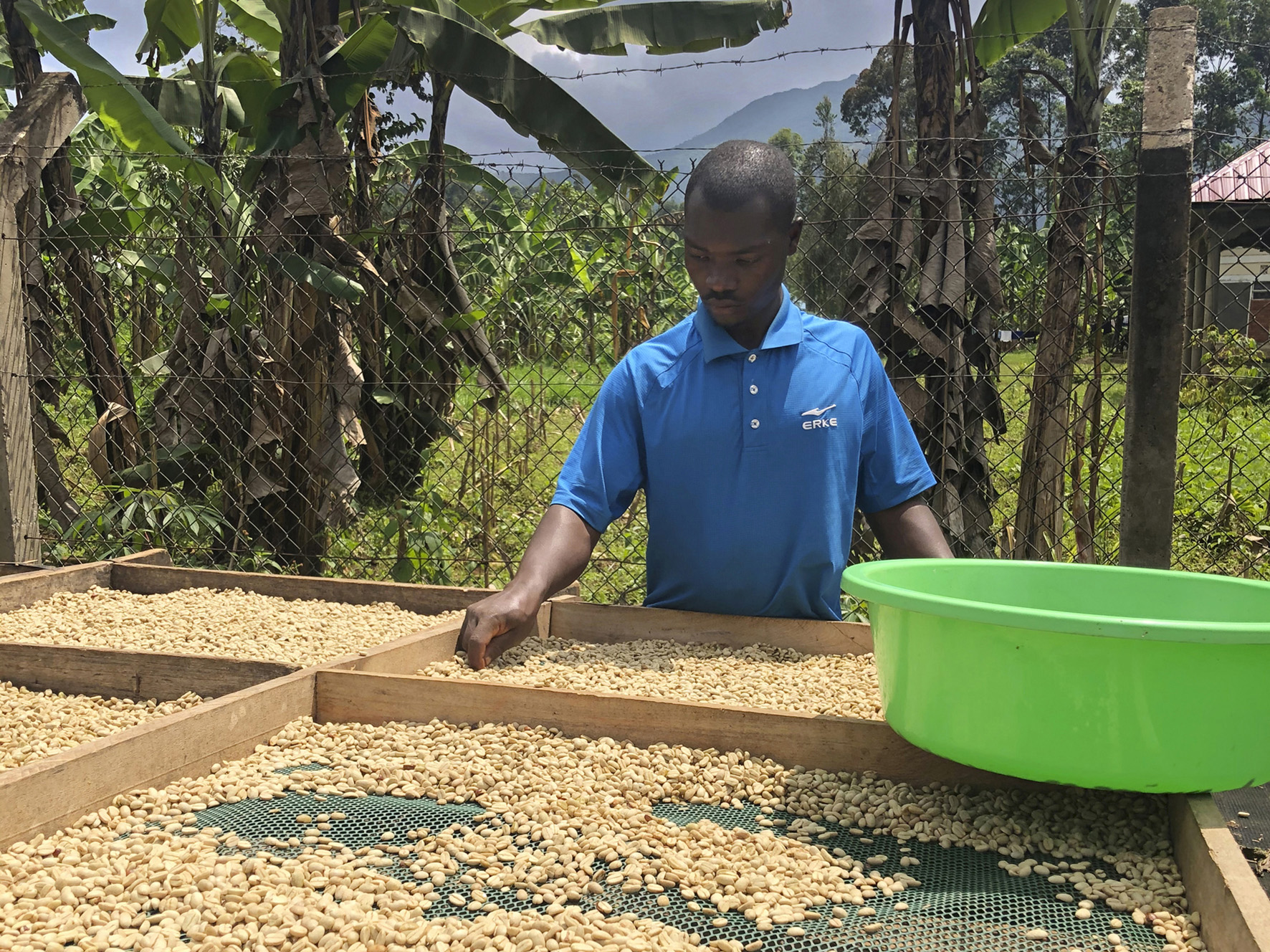
Farming in harmony with nature is of vital importance. Impact investor Tanja Havemann grew up with this conviction in Sub-Saharan Africa. Today, after a long quest, she helps put money to work in such a way that agricultural value chains contribute to biodiversity and a better income for farmers in the African continent.
Tanja Havemann is the founder of Clarmondial, a specialized impact investment advisory company that designed the Food Securities Fund. This fund supports agricultural and agroforestry value chains in emerging and developing markets, in particular in Sub Saharan Africa. The Fund builds on sustainable sourcing trends to provide additional working capital to companies in the agricultural sector, helping them to do more and better business with smallholder farmers. With an additional source of funding that is aligned with sustainable sourcing requirements, such local companies can, for example, pay for training and certification that allows smallholder farmers to get more income from sustainable land management practices, enable investments in appropriate inputs such as organic fertilizers, introduce drought resistant and indigenous varieties, and also make sure that farmers are paid on a timely manner.
TIMING OF AGRICULTURAL FINANCE IS CRITICAL FOR SUSTAINABILITY
‘The seasonality of agriculture finance is underappreciated’, says Tanja. ’Local companies need access to capital at the right time, and in particular earlier in the season, to support farmers so that they can implement – and be rewarded for – good practices. Most smallholder farmers in emerging markets rely on a mix of food and cash crops to meet their needs. The buyers of such crops should have the financing on hand so that they can pay the farmers quickly, and also maintain product quality. A faster payment to farmers, and farmer premia tied to sustainable practices, from a reliable trading partner can really transform lives. But it means that those companies also need to have appropriate financing.’ She adds that, ‘larger global companies can help ensure that the farmers and intermediaries in their supply chains have access to appropriate and timely funding, by engaging with financiers such as Food Securities Fund, and also by reviewing their procurement strategies so that they are aligned with sustainability commitments, including on biodiversity and climate.’
YEARS OF RESEARCH
The Food Securities Fund is the result of years of research by Tanja and the Clarmondial team into the relationship between agricultural value chains and the environment in African countries and other emerging markets, and in particular in how investors can help to improve it.
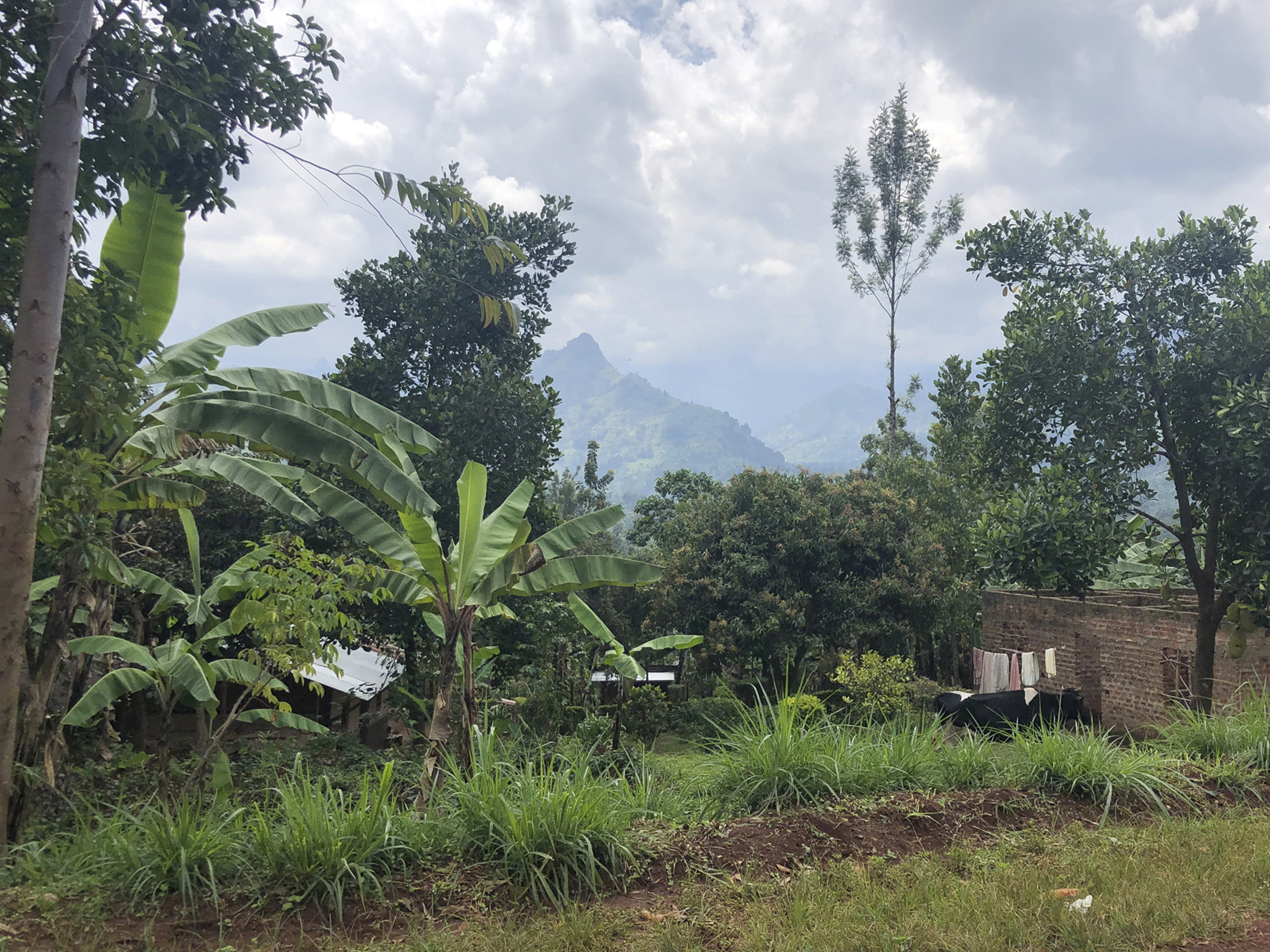
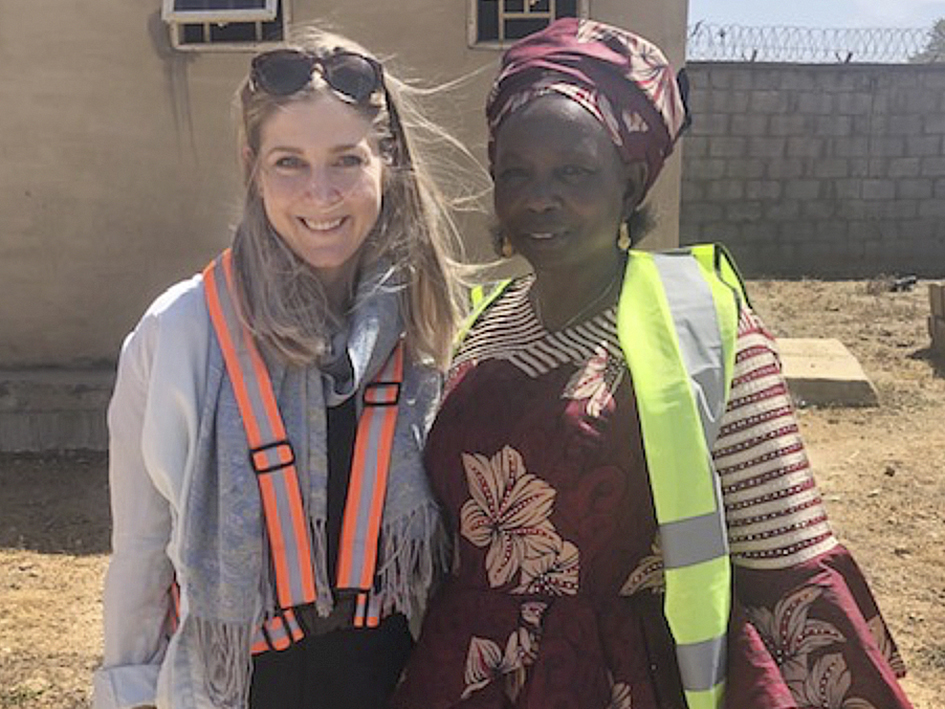
Tanja Havemann with a potential business partner
‘You have to get an understanding of how different crops such as coffee, soya and cassava are grown, and how the delivery chain works that helps the food crops reach consumer’s plates. And first and foremost: where and at which moments the right financing can drive change. In terms of living standards of the farmers and traders, but also in terms of climate and biodiversity.’
DIFFERENT FROM MICROCREDIT
‘To find these things out, we spent years talking to farmers and agricultural businesses in developing countries: what challenges do they face in the transition to sustainable agriculture? Together with international and local banks we have investigated where the market is functioning poorly and what financial opportunities this offers for investors.’
The Food Securities Fund’s approach is quite different from that of microfinance institutions: the farmers do not receive loans directly. Rather, the fund provides loans to existing local businesses, such as processors and traders, with long-term business interests in sustainable sourcing to engage local farmers, providing them with training, support and access to market. ‘That sets us apart from MFIs, but also from banks and trade finance funds: we really concentrate on the complete agricultural value chain, and look for places where we can strengthen it efficiently.’ Most notably, the Fund can provide these local businesses with capital earlier in the agricultural season when it is most needed, and can do so because of de-risking provided by other larger businesses that rely on those supply chains. The Fund also benefits from additional guarantees by the US Government due to its alignment with development priorities.
BORN AND RAISED IN TANZANIA
Tanja herself was born and raised in Tanzania and Kenya. ‘Until age 18, I travelled all over East Africa, visiting rural health care facilities with my parents, who work as doctors. That’s where I got my fascination for the overwhelming beauty of African nature, but also for agriculture. I grew up realizing that, as a privileged person, you have a choice, and the means to make a valuable contribution to other people’s lives.’
‘I grew up realizing that, as a privileged person, you have a choice, and the means to make a valuable contribution to other people’s lives’
Tanja studied tropical environmental science, environmental economics and environmental law in the UK before gaining experience at investment firms and asset managers with a focus on sustainable impact. ‘I could have gone on to become a scientist or policy maker, but decided I can have a greater impact via capital markets. If you can grasp the context in which companies in emerging markets have to operate and you can build a bridge to unlock financing, things really start moving.’
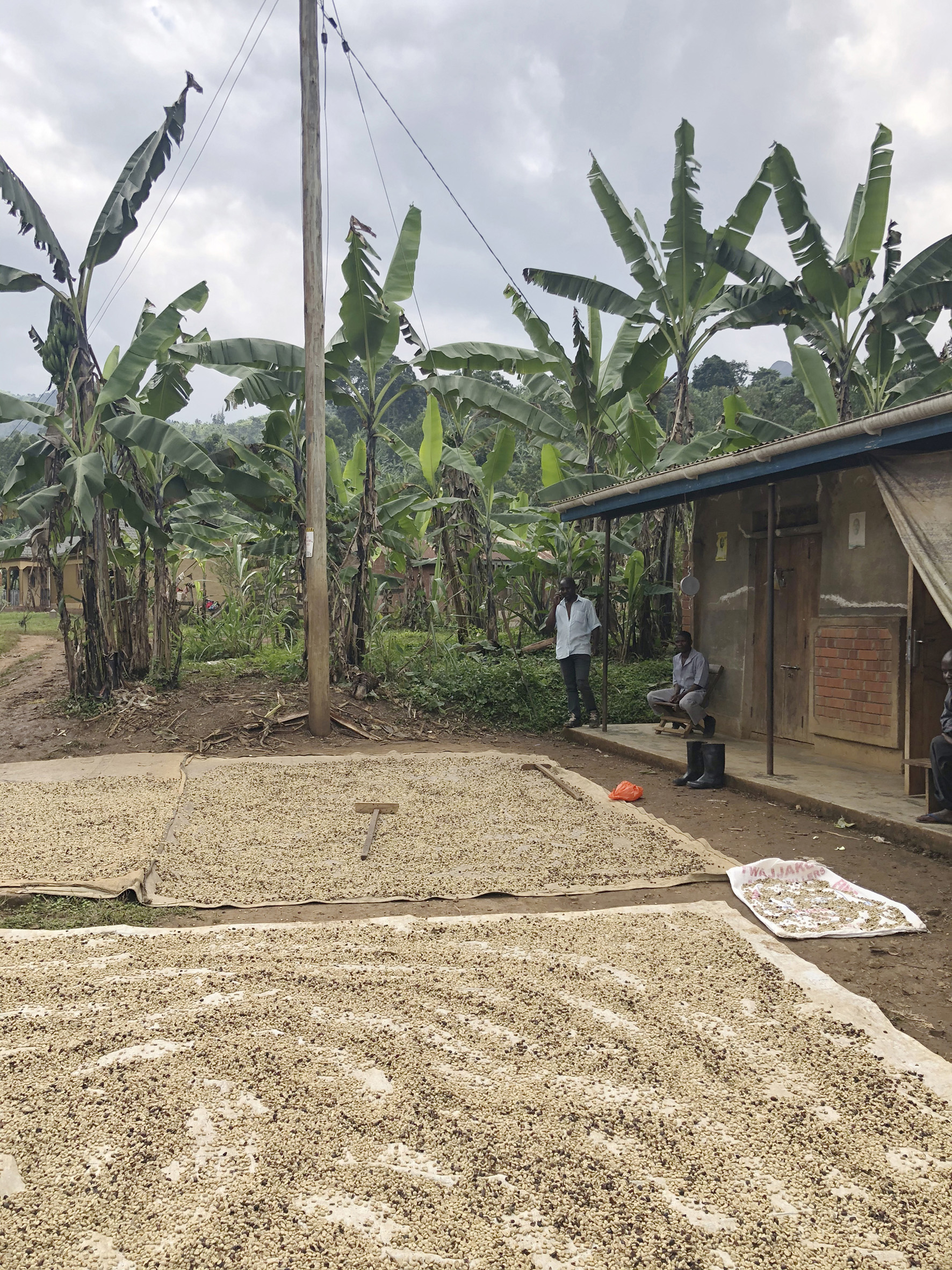
START OF AN AMAZING JOURNEY
Tanja took an important next step in 2010 - she had meanwhile settled in Switzerland - by founding her own consultancy firm: Clarmondial. This led her one step closer to her ultimate goal: setting up her own investment company. ‘Perhaps these are my Dutch and Danish genes at work. I am very much focused on actual and concrete results. I prefer being proactive and working directly with the people in the field’.
After this, it took several years for her dream to materialize in March 2021, the Food Securities Fund made its first investments. ‘It really did take so much longer than we had hoped to get it off the ground. We share over 100 years of experience as a team, but this is the first fund that we designed and brought to life in the company. It was a quest for how we could offer an attractive proposition to investors with innovative strategies. A matter of testing, in order to validate our approach. And there were setbacks along the way as well. Even now I sometimes ask myself: would I have started this all, had I known what I know now beforehand? The answer is still yes. No matter how much effort it took up until now, this fund is just the start of an amazing journey for the Clarmondial team.’
SUSTAINABLE FARMING IS CRITICAL FOR A GOOD LIFE
Perhaps the name of the fund, the Food Securities Fund, is a little less accurately chosen, Tanja admits. ‘The name plays with the term ‘investment securities’ and alludes to the fact that the Fund takes an investment approach to four pillars of food security – which means that it addresses the entire rural economic system: employment, training of farmers, access to markets and nature management.’
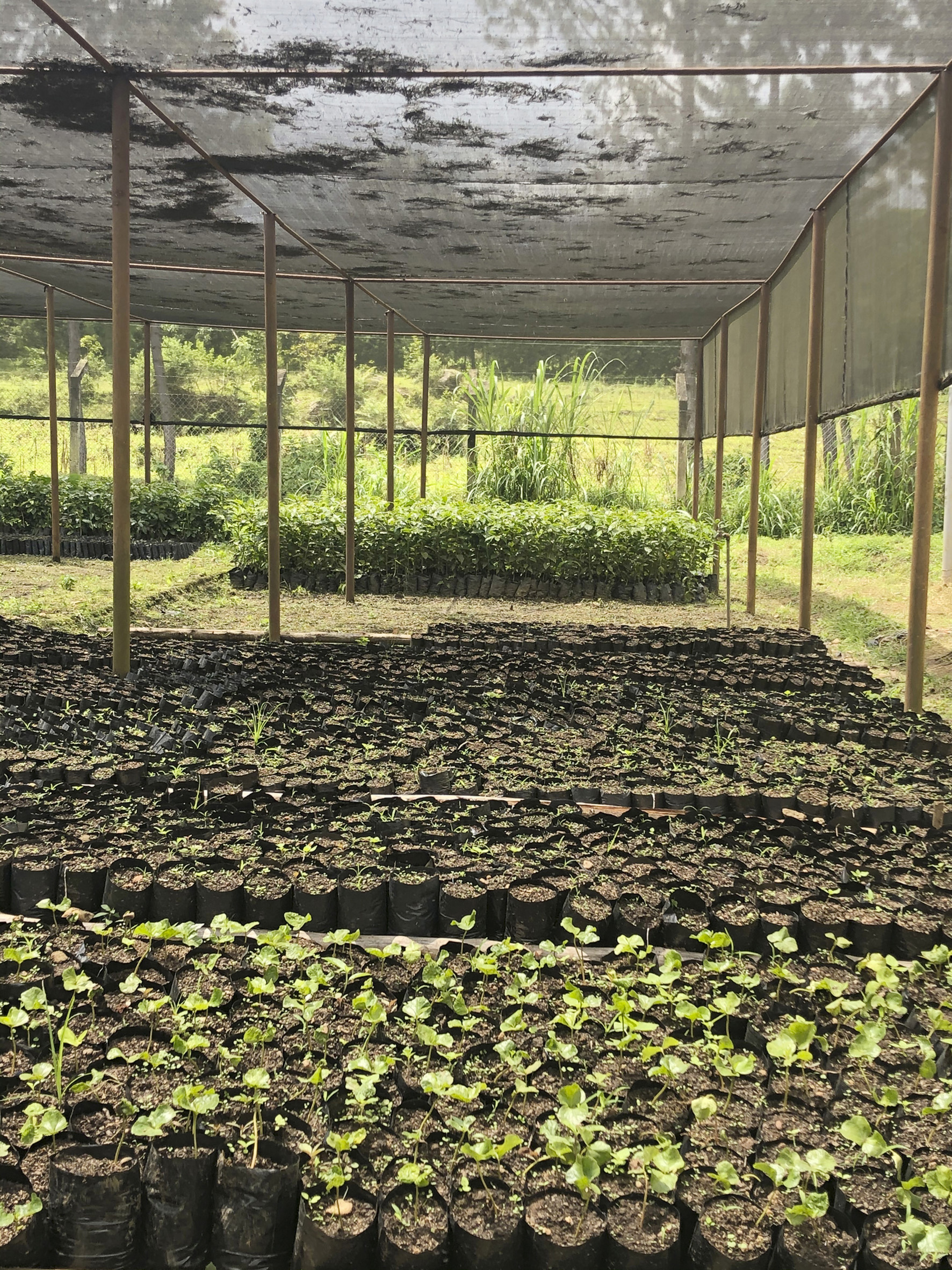
‘One of the Fund’s borrowers is setting up Village Savings and Loans Associations, led by women, to create more diverse economic opportunities, and is also setting up youth farming support teams to help the younger generation make a decent living from sustainable agricultural practices’
Like families everywhere, small-scale farmers want to have good living conditions, Tanja says. ‘But while they often have to make do with minimal means and little market visibility, small-scale farmers can be good environmental stewards if given the right opportunity. Take for instance a farmer in Tanzania who is indirectly supported through the Fund. This family of eight manages about a hectare of land, which they rely on. The family balance many different food and cash crops to meet their needs, including coffee, bananas, cassava and sweet potatoes: a harvest as diverse as possible, and without exhausting the soil, because they cannot afford to put the yield of his patch of land at risk. Coffee and bananas are the only cash crops, for export and the local market, respectively. The loan from the Fund helps to pay for coffee certification, which brings a premium, and to make sure that the family gets paid quickly so that the money comes in time to pay for school fees.’
Socio-economic development objectives cannot be separated from environmental ones. Rural families want access to good business partners, and fair and timely payment. Agriculture is the main employer in most African countries – and good agriculture jobs go hand in hand with sustainable agricultural practices that are linked to well resourced, reliable business partners and markets. One of the Fund’s borrowers is setting up Village Savings and Loans Associations, led by women, to create more diverse economic opportunities, and is also setting up youth farming support teams to help the younger generation make a decent living from sustainable agricultural practices.
PUTTING THE RIGHT PRICE ON RISK
There is another bias towards small and medium-sized agricultural businesses in Africa that Tanja likes to dispel: that investing in them should be extremely risky. ‘If you understand how the financing gap plays out in the value chain, and how the actors are linked, this helps assess the risk. We also check the track records of the borrowing companies, and their willingness to achieve environmental and social impact.’
The fund has also agreed guarantees with larger companies who want to support their suppliers and farmers, in particular those that implement sustainable practices. ‘They have often been doing business with our borrowers for decades and thus know them well.’ Apart from this, the fund works with a guarantee from the US government’s Feed the Future program. ‘All in all, more than half of the loan portfolio is de-risked by larger corporate partners and the US government.’
‘Most of them are actively carrying out environmental restoration projects, including protecting riverbanks from erosion and promoting agroforestry with native species to conserve biodiversity, the number of smallholder farmers is actually about 40,000 and area of land almost 50,000 ha!’
40,000 FARMERS REACHED
The first year in existence of the Food Securities Fund has just been completed, and the companies receiving funding together already affect about 40,000 smallholder farmers across several African countries working on almost 50,000 hectares of land. It is still too early to quantify the impact on biodiversity, CO2 emissions or water consumption this has provided. ‘We regularly check with our borrowers about their ESG standards, as these are part of our lending conditions. Most of them are actively carrying out environmental restoration projects, including protecting riverbanks from erosion and promoting agroforestry with native species to conserve biodiversity. Many of the borrowers are paying farmers to be certified as organic or under the Rainforest Alliance certification standard so that they can earn more money. One borrower has also put existing forest under protection for biodiversity conservation, another is distributing locally manufactured efficient cook stoves to reduce the pressure on natural forests for fuelwood.’
GROWING AS BIG AS POSSIBLE
Tanja’s ambitions are the Fund to grow as big as possible. ‘The market is huge: worldwide there is a working capital funding gap of about USD 2.5 trillion for emerging market SMEs – and this number keeps growing. This also does not consider the additional need for working capital by suppliers and farmers who will be required to change their practices to meet the global Sustainable Development Goals. And the more partners join the Food Securities Fund, the better the economies of scale will get. But we also want to grow this step by step, in a controlled way. As it builds more track record, I expect the Fund to get on the radar of larger investors such as pension funds and insurance companies.’ Currently, the fund has been invested in by the UN’s Global Environment Facility as well as specialized private investors including family offices. Conservation International, Convergence, Good Energies Foundation and the Sall Family Foundation have also provided support to the Fund.
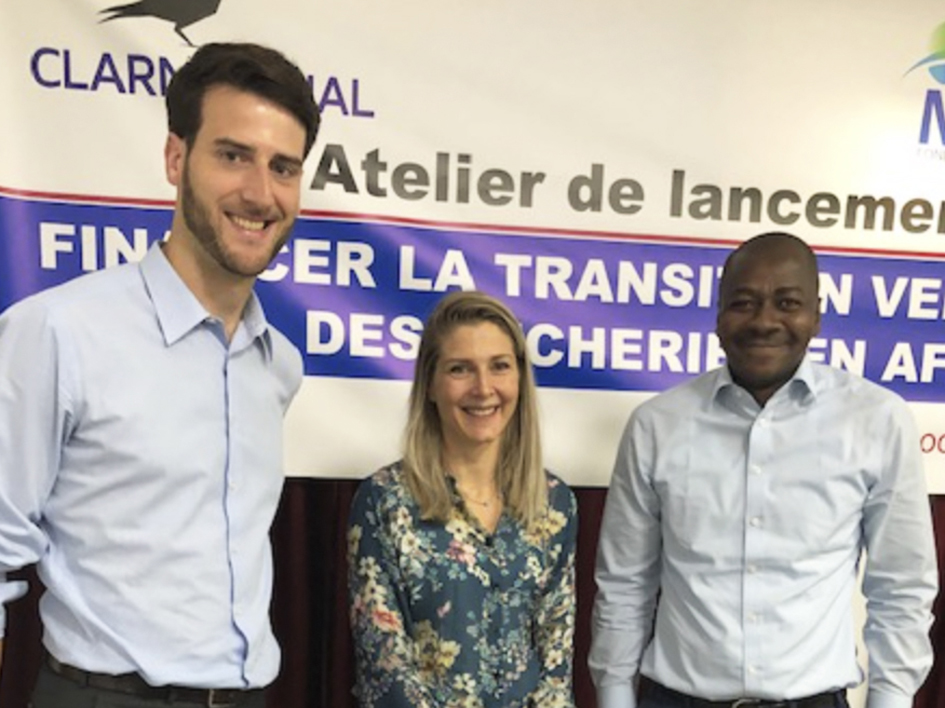
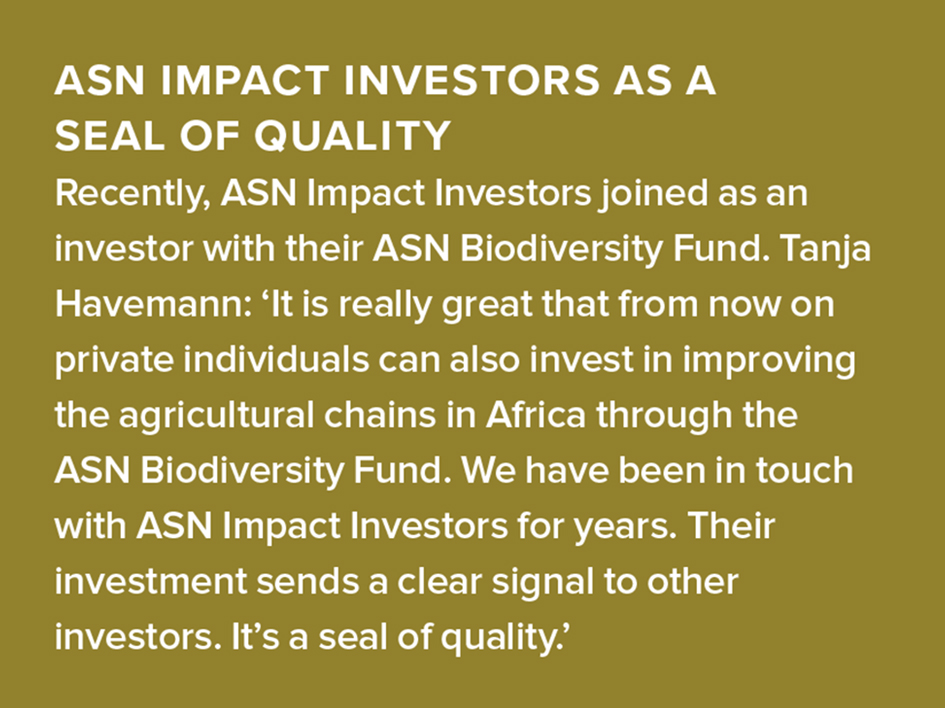
About the ASN Biodiversity Fund
The ASN Biodiversity Fund is an impact fund listed on Euronext that focuses on protecting, preserving and restoring biodiversity. It is also one of twelve funds managed by ASN Impact Investors. For 28 years, ASN Impact Investors has exclusively invested in companies, institutions and projects that, in addition to a financial return, aim to make a positive contribution in the field of climate change, biodiversity and human rights. Because only from a richer world can you continue to reap the benefits. The fund house was founded in 1993 and manages €4.7 billion (31 December 2021).
For more information about the ASN Biodiversity Fund:
Contact us via info@asnimpactinvestors.com